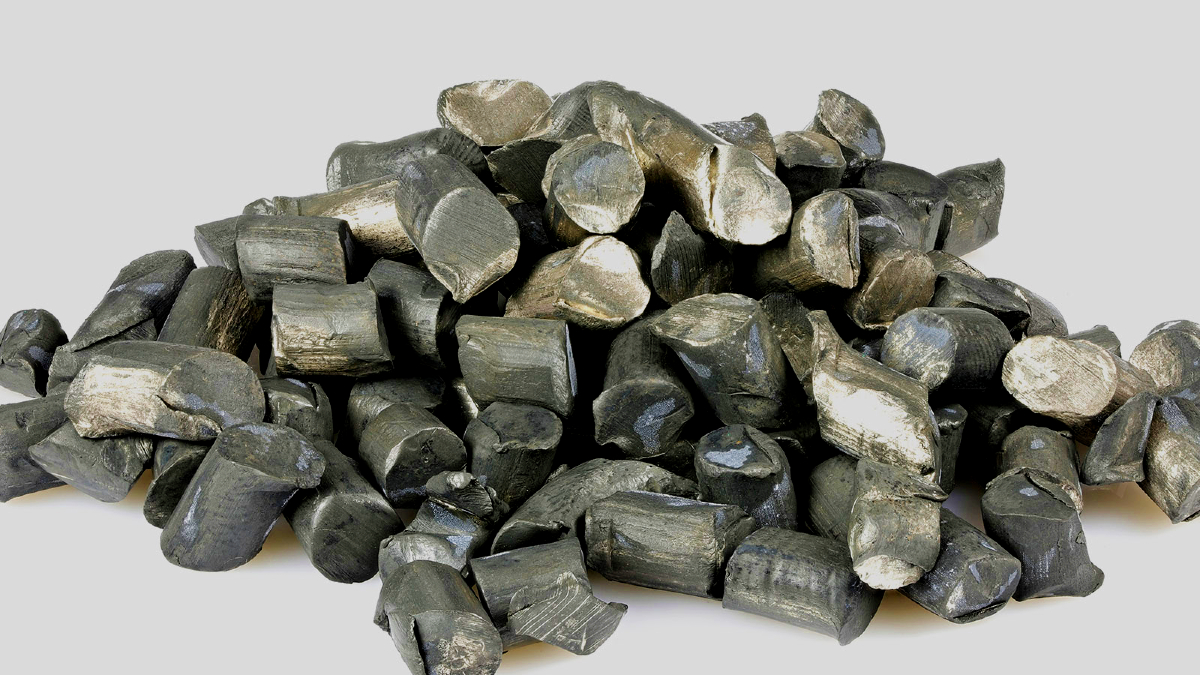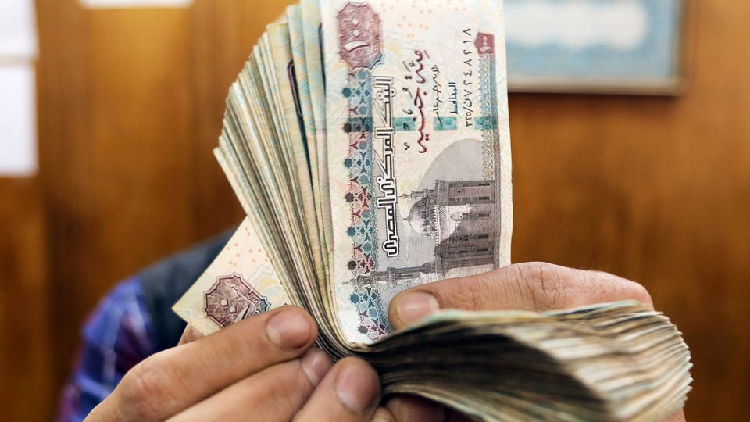Zimbabwe, a country known for its rich mineral deposits, has recently announced a ban on all lithium exports in an effort to boost its own battery production industry and tap into the lucrative market for the valuable mineral. Lithium, often referred to as “white gold” due to its widespread use in electronic batteries for cars, mobile phones, and computers, has seen its price soar by 1,100% in the past two years alone. As the largest lithium producer in Africa, Zimbabwe has the potential to supply a fifth of the world’s needs and is on track to become a major player in the global lithium export market.
However, the Zimbabwean government has decided to pursue a different approach, opting to establish its own battery industry rather than allowing foreign companies to dominate production. This move marks a significant shift in the country’s economy, which, like many other mineral-rich African states, has historically allowed multinationals to extract its raw minerals without investing in local industries that could process them and create jobs.
The Zimbabwean Ministry of Mines and Mining Development has also announced plans to crack down on artisanal miners who have been illegally digging up lithium and smuggling it across borders. By controlling the extraction and processing of lithium within its own borders, Zimbabwe hopes to maximize the economic benefits of its natural resources and create a self-sustaining industry.
This decision to ban lithium exports and focus on domestic production is a bold move that has the potential to bring significant economic benefits to Zimbabwe. If successful, it could serve as a model for other mineral-rich countries seeking to move beyond the extractive model of resource exploitation and build sustainable industries that provide long-term benefits to their citizens.



